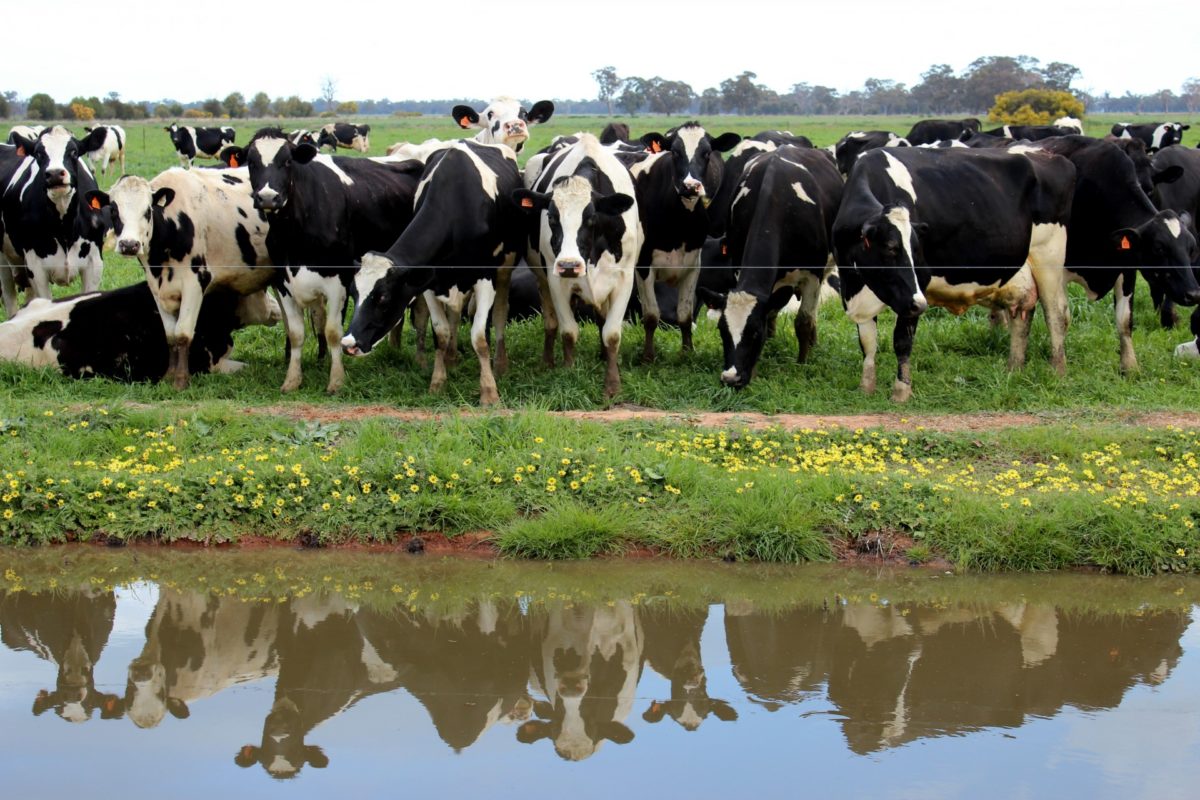The Government today announced its next steps to improve the state of our waterways, promising a noticeable improvement in water quality within five years.
The establishment of a Science and Technical Advisory Group is among the initiatives.
Mr Parker and Agriculture Minister Damien O’Connor released the Government’s blueprint to improve freshwater quality along with a new approach to the Māori/Crown relationship that will acknowledge Māori interests in fair access to water to develop their land.
New rules will be in place by 2020 to stop the degradation of freshwater quality – a new National Policy Statement for Freshwater Management and a new National Environmental Standard, he said.
The rules would include controls on the excesses of some intensive land use practices to better protect remaining wetlands and estuaries.
“We will drive good management practices on farms and in urban areas,” Mr Parker said.
“We are also amending the Resource Management Act to enable regional councils to more quickly implement water quality and quantity limits.
“We know Māori share the same interests as the rest of New Zealand in improving water quality and ensuring fair access to water resources.”
The Government’s approach to solving these issues entails engaging leading New Zealanders who care about freshwater – “environmental NGOs, Māori, farming leaders, scientists, Regional Council experts and others”.
This looks much the same as the consultative approach taken under the previous government.
Mr Parker said:
“Already, we are working with the primary sector and regional councils in the most at-risk catchments. I recently visited the Aparima River in Southland where the farming community is leading a project to get all 600 land managers in the catchment following better farming practices.”
This seems to be a reference to a project which began in 2013, when some farmers in the Balfour area formed an environmental cleanup group.
Damien O’Connor said the primary sectors are crucial to an environmentally sustainable, high-value economy that supports the wellbeing of all New Zealanders.
“This is why we must grow a sustainable and productive primary sector within environmental limits.
“Many in the sector are already working hard to protect the natural resources they depend on, and recognise the importance of enhancing our reputation as a trusted producer of the finest food and fibre products. The workstreams set out today recognise the importance of accelerating this good work.”
The documents Essential Freshwater and Shared interests in Freshwater can be read on the Ministry for the Environment website at: http://www.mfe.govt.nz/fresh-water/essential-freshwater-agenda
The Government said the work programme will deliver:
Targeted action and investment in at-risk catchments, including accelerating the implementation of Good Farming Practice Principles and identifying options for tree planting through the One Billion Trees programme.
A new National Policy Statement for Freshwater Management by 2020, to ensure all aspects of ecosystem health are managed, and address risks, for example by providing greater direction on how to set limits on resource use, and better protection of wetlands and estuaries.
A new National Environmental Standard for Freshwater Management by 2020, to regulate activities that put water quality at risk, such as intensive winter grazing, hill country cropping and feedlots.
Amendments to the Resource Management Act within the next 12 months to review consents in order to more quickly implement water quality and quantity limits; and to strengthen enforcement tools for improving environmental compliance.
Decisions on how to manage allocation of nutrient discharges, informed by discussion and engagement with interested parties.
Involvement of interested parties in testing and advising on policy options through a network of advisory groups; Kahui Wai Māori, the Science and Technical Advisory Group, and the Freshwater Leaders Group.
Members of Kahui Wai Māori, to bring a broad Māori perspective, are Kingi Smiler (chair); Dr James Ataria; Mahina-a-rangi Joy Baker; Riki Ellison; Traci Houpapa; Dr Tanira Kingi; Paul Morgan; Millan Ruka; Prof Jacinta Ruru; Hon Dover Samuels; Annette Sykes.
The Freshwater Leaders Group, “appointed because of their personal experience and commitment, not as representatives of any organisations”, are John Penno (chair); Mandy Bell; Alison Dewes; Graeme Gleeson; Traci Houpapa; Stephanie Howard; Tom Lambie; Bryce Johnson; Corina Jordan; Allen Lim; Dr Hugh Logan; Marnie Prickett; Dr Marc Schallenberg; Lees Seymour; Prof Nicola Shadbolt; Gary Taylor.
The Science and Technical Advisory Group will ensure science is accurately interpreted and incorporated into the policy process. Its members are Ken Taylor (chair) Dr Adam Canning; Dr Bryce Cooper; Dr Clive Howard-Williams; Dr Chris Daughney; Dr Bev Clarkson; Graham Sevicke-Jones; Prof Ian Hawes; Prof Jenny Webster-Brown; Dr Joanne Clapcott; Dr Jon Roygard; Dr Marc Schallenberg; Dr Mike Joy; Professor Russell Death.












